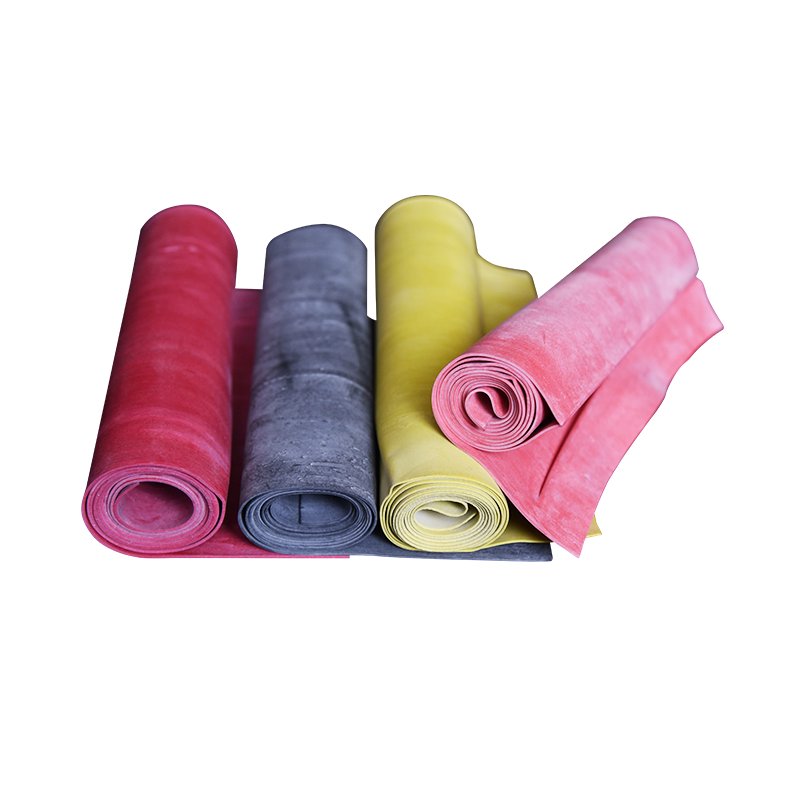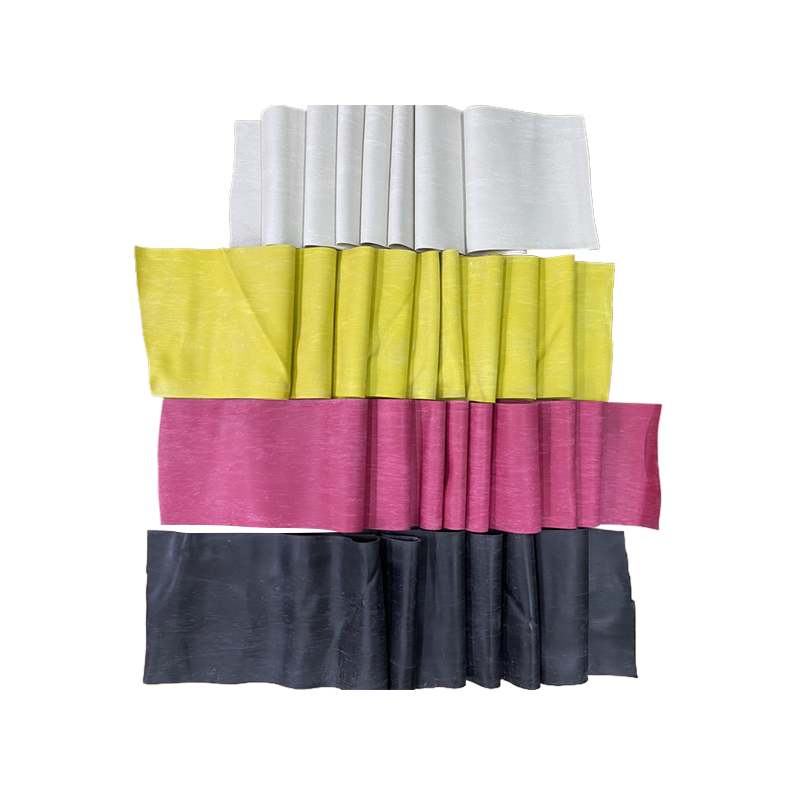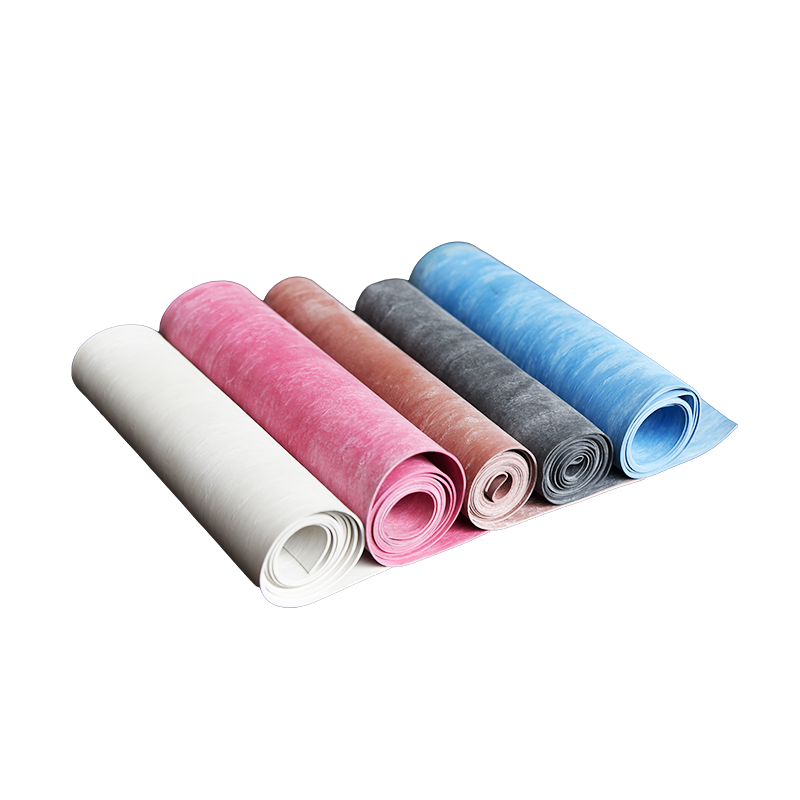
XH-21A (85 ℃ non flame retardant rubber sheath)
Still deciding? Get the samples first,Contact us!
View similar products
XH-21A (85 ℃ non flame retardant rubber sheath)
Still deciding? Get the samples first,Contact us!
Product Category
- Description
-
Product Description
This material is based on chlorinated polyethylene and mixed with other additives. It has flame retardant, oil resistant, wear-resistant, tear resistant, cold resistant, weather resistant, and excellent mechanical properties. The performance exceeds the XH-21A sheath in GB7594-87 standard. Due to its excellent performance, good extrusion appearance, good flexibility, light weight (low density) of cables, and low cost, it has become an ideal substitute for traditional materials such as chloroprene rubber and chlorosulfonated polyethylene rubber as base rubber sheaths in marine cables.
Product Usage
This material is developed according to the latest national standards for marine cables. Whether it is vulcanized test pieces or products produced by continuous vulcanization of extruded rubber, the performance meets or exceeds the standard requirements. The XH-21A sheath material specified in GB7594-87 standard is composed of a mixture of chloroprene rubber and other equivalent materials, with a long-term allowable working temperature of 85 ℃. GB9331-2008 marine cables have requirements for low temperature resistance and bundled combustion, and this material can meet the requirements for product use.
Comparison of material properties and standard requirementsExperimental project
Unit
GB7594-87
XH-21ATypical values
Mechanical properties before aging
Tensile strength
MPa
≥10.0
12.5
Elongation at break
%
≥300
457
Mechanical properties after 7 days of aging at 100 ℃
Change rate of tensile strength
%
-15~+15
-6
Change rate of elongation at break
%
-25~+25
-7
Thermal extension test
Experimental conditions
Test temperature
℃
200
Load time
min
15
Mechanical stress
MPa
0.2
Elongation under load
%
≤175
15
Permanent deformation after cooling
%
≤25
8.6
Mineral oil immersion test
Experimental conditions
Oil temperature
℃
100±2
Oil immersion time
h
24
Change rate of tensile strength
%
-40~+40
-5
Change rate of elongation at break
%
-40~+40
-2
-35 ℃ low-temperature tensile test
Minimum elongation at break
%
30
90
Burning time (T5120 ℃)
min
> 30
Processing process parameters
It is recommended to use CV (continuous vulcanization) production line for extrusion production.
Extruder compression ratio: 1.1:1 to 1.5:1;
Extruder length to diameter ratio: 6:1 to 16:1 (if it is less than 10:1, it is recommended to use hot feed);
Extruder temperature: 65-85 ℃;
Sulfurization temperature: 165-185 ℃.
Packaging and Storage
The material has a rectangular film shape (which can also be packaged and changed according to customer requirements), and should be stored in a clean, dry, and ventilated warehouse.
Query now
Note: Please leave your email address and our professionals will contact you as soon as possible!
Related Products










